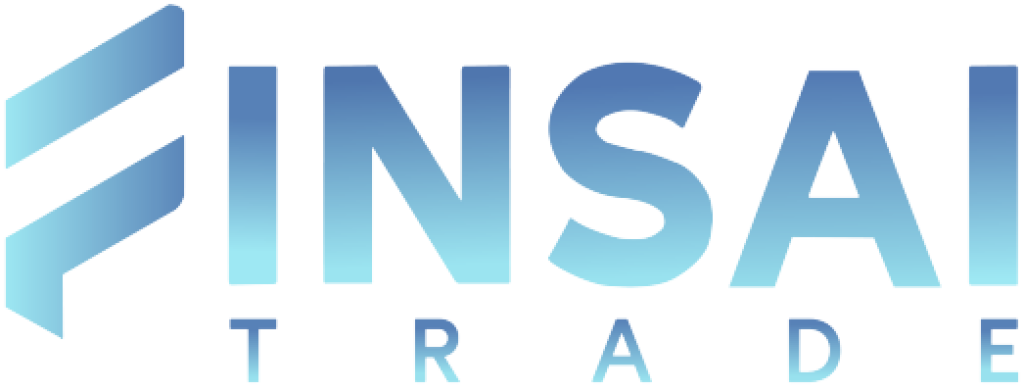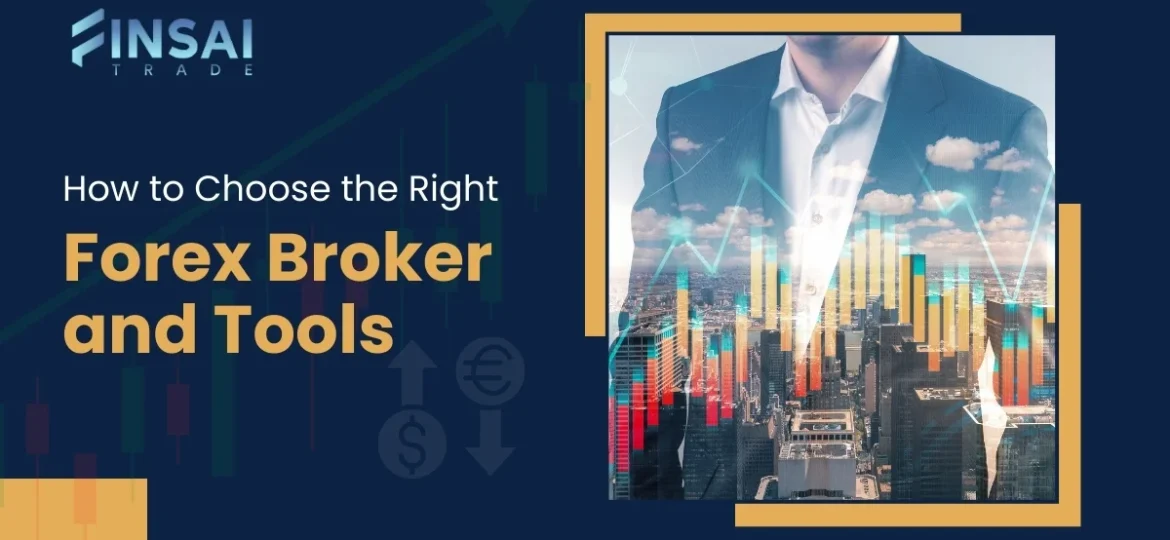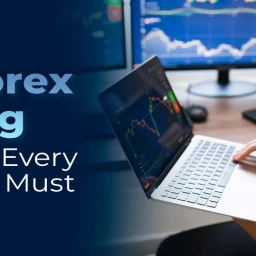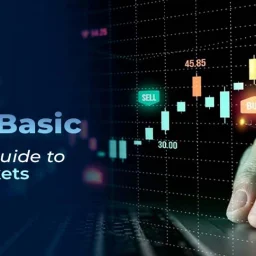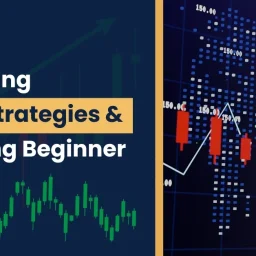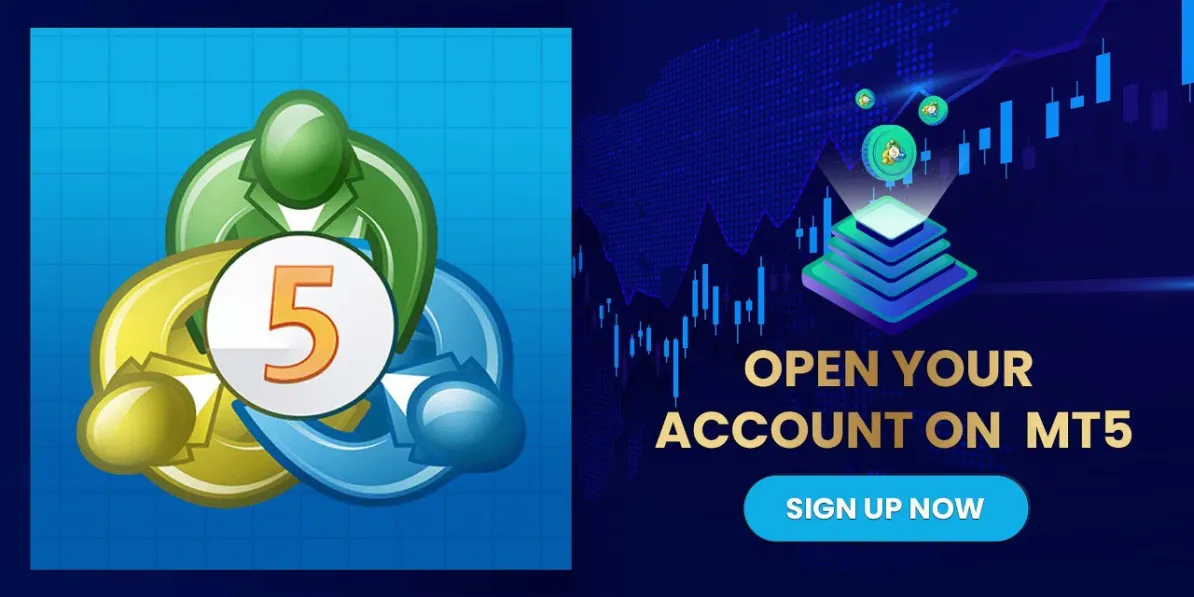In the world of trading, forex trading is the most lucrative market to trade. Reason? Well, it’s actually trading in currencies, and the best part is – it is open 24 hours a day/5 days a week. Yes! However, entering the world of Forex trading can be both exciting and overwhelming, especially for beginners. One of the most crucial decisions you’ll make as a trader is selecting the right Forex broker and tools. Your choice of broker can significantly impact your trading experience. So here, read about the best forex trading platform for beginners. Better to read it till the end. Let’s start!
What is a Forex Broker?
Let’s first try to understand about forex trading in simple terms. Before diving deeper into the topic, let’s first try to understand about the forex broker in simple terms. A Forex broker is a financial services company that provides a platform for individual traders to access the Forex market. These type of forex brokers ultimately acts as an intermediary, eventually allowing traders to buy and sell currency pairs. However, when selecting a broker, you must consider various factors, such as regulatory compliance, fees, trading platforms, available tools, customer support, and more.
How to Choose the Right Forex Broker?
1. Regulatory Compliance and Trustworthiness
When selecting the forex broker, make sure that your broker has its regulatory status. These regulations are put in place to protect traders from fraudulent activity, allowing for a more fair trading environment.Key Regulatory Bodies to check for:
- U.S. (CFTC, NFA):The first and most important bodies to look for are – the Commodity Futures Trading Commission (CFTC) and the National Futures Association (NFA). These bodies regulate the forex brokers in the United States.
- UK (FCA):For the Uk, there’s UK (FCA). It stands for Financial Conduct Authority (FCA).
- Europe (CySEC):The next is Europe’s CySEC. It stands for Cyprus Securities and Exchange Commission, and it regulates brokers operating in the European Union.
- Australia (ASIC):For Australia, it is the Australian Securities and Investments Commission. It provides oversight of brokers in Australia.
2. Account Types and Minimum Deposit Requirements
There’s no denying the fact that different brokers offer a variety of account types that cater to traders with varying levels of experience and capital. These accounts typically vary in terms of minimum deposit requirements, leverage, spreads, and trading conditions.- Standard Account:Suitable for most retail traders, offering relatively low minimum deposit requirements and standard trading conditions.
- ECN or STP Account:These accounts offer faster execution and more transparency, often with tighter spreads and a commission-based fee structure. They are typically favored by more experienced traders.
- Micro Account:Ideal for beginners or those who wish to trade smaller positions. It generally has a lower minimum deposit requirement and allows for smaller lot sizes.
3. Trading Platforms
The trading platform is the software that allows you to execute trades, analyze the market, and manage your account. It is the primary tool you will use in your daily trading activities, so it’s essential to choose a platform that is reliable, user-friendly, and equipped with the necessary features. The most popular Forex trading platforms include:- MetaTrader 4 (MT4):One of the most widely used trading platforms, known for its ease of use, advanced charting tools, automated trading capabilities, and robust technical analysis features.
- MetaTrader 5 (MT5):The successor to MT4, MT5 offers enhanced features, including more timeframes, additional charting tools, an improved economic calendar, and support for a wider range of financial instruments.
- cTrader:A popular alternative to MT4 and MT5, cTrader is known for its fast execution speeds, advanced charting tools, and easy-to-use interface.
- Proprietary Platforms:Some brokers offer custom-built trading platforms tailored to their client base. These platforms can provide unique features and functionalities.
- User interface and ease of navigation
- Availability of charting and technical analysis tools
- Speed and reliability of execution
- Availability of mobile apps for trading on the go
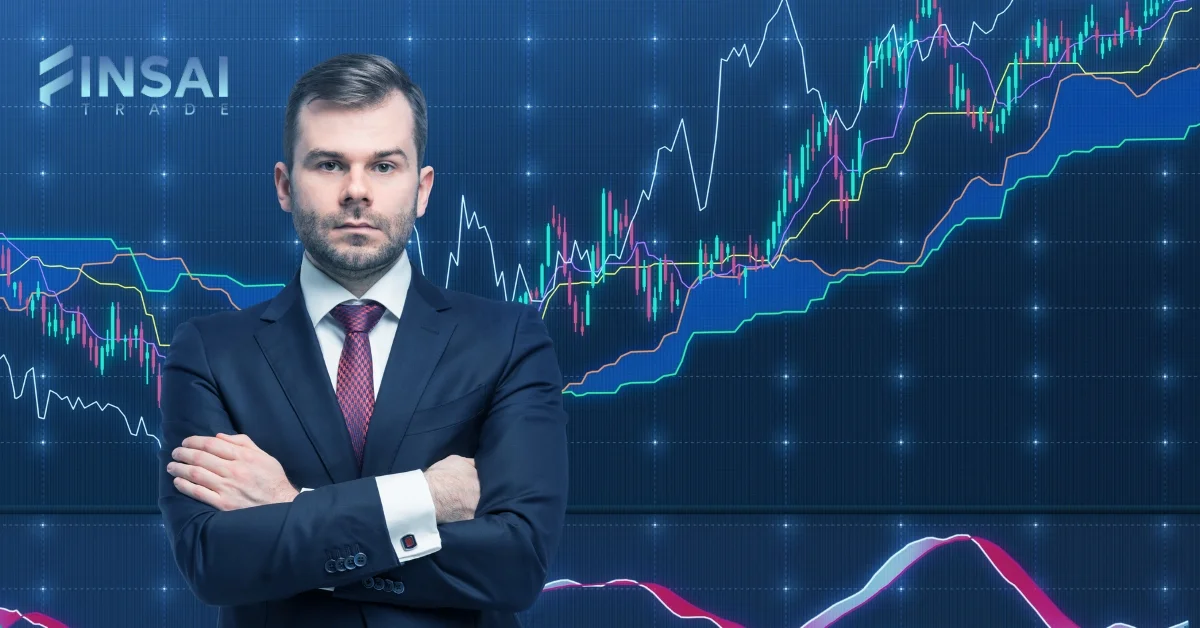
4. Spreads and Fees
Spreads and fees directly impact your profitability, so it’s essential to understand how brokers charge for their services. There are generally two ways brokers charge for trades:- Spread-based commissions: The spread is the difference between the bid and ask price. Brokers make money by widening the spread, and you, the trader, pay the difference.
- Commission-based fees:Some brokers charge a fixed commission per trade instead of or in addition to spreads.
5. Leverage
Leverage allows you to control a larger position than your account balance would normally allow. For instance, with 100:1 leverage, you can control a $100,000 position with just $1,000 in margin. While leverage amplifies potential profits, it also increases the risk of significant losses. Different brokers offer different levels of leverage, and in some regions, regulatory bodies set limits on the amount of leverage brokers can offer (e.g., 50:1 in the U.S. or 30:1 in Europe). Be sure to choose a broker that offers leverage suitable for your risk appetite and trading strategy. If you’re a beginner, it’s advisable to start with lower leverage to minimize the risk of large losses.Essential Tools for Forex Trading
After choosing the right broker, it’s time to look for some essential tools.- Charting Software & Technical Indicators:Tools like moving averages, RSI, Bollinger Bands, and MACD help analyze price movements and forecast trends. Many brokers offer integrated charting platforms like MT4/MT5 or cTrader.
- Economic Calendar:Keep track of key events (central bank meetings, economic reports, interest rate decisions) that impact the market and your trades.
- Risk Management Tools:Make sure that you fully utilize the stop-loss and take-profit orders.

